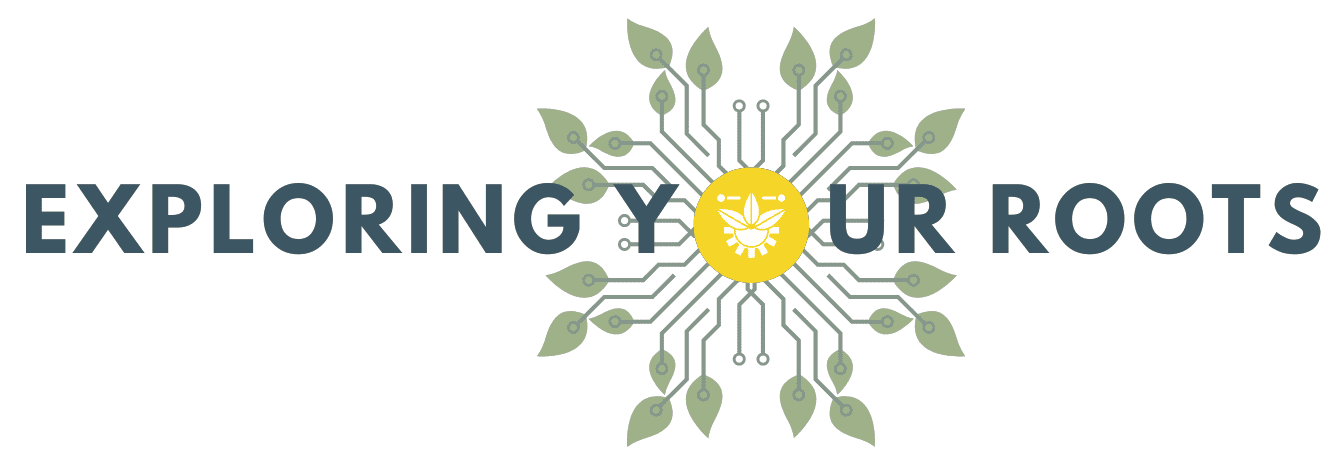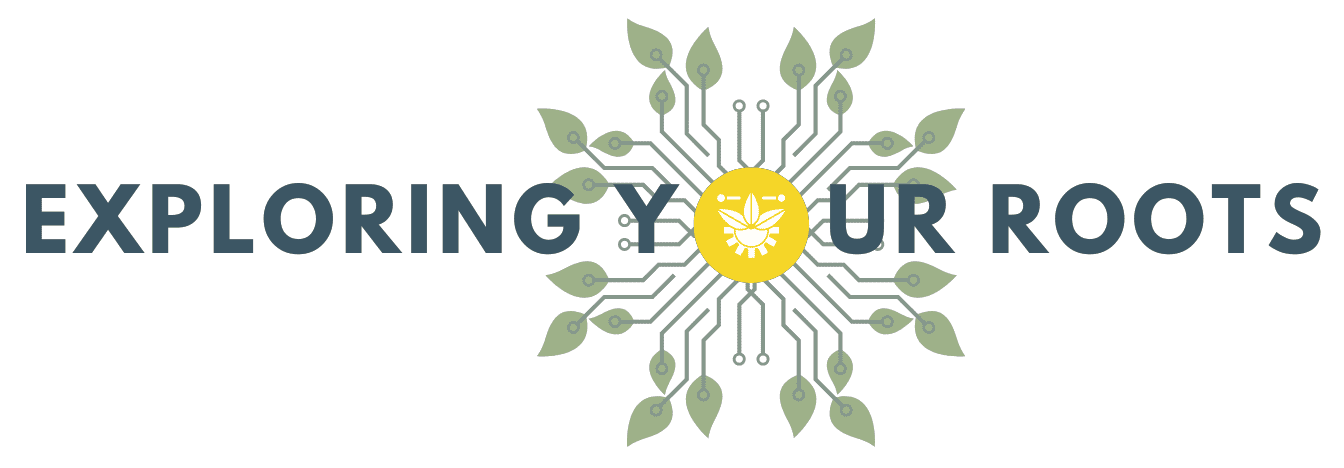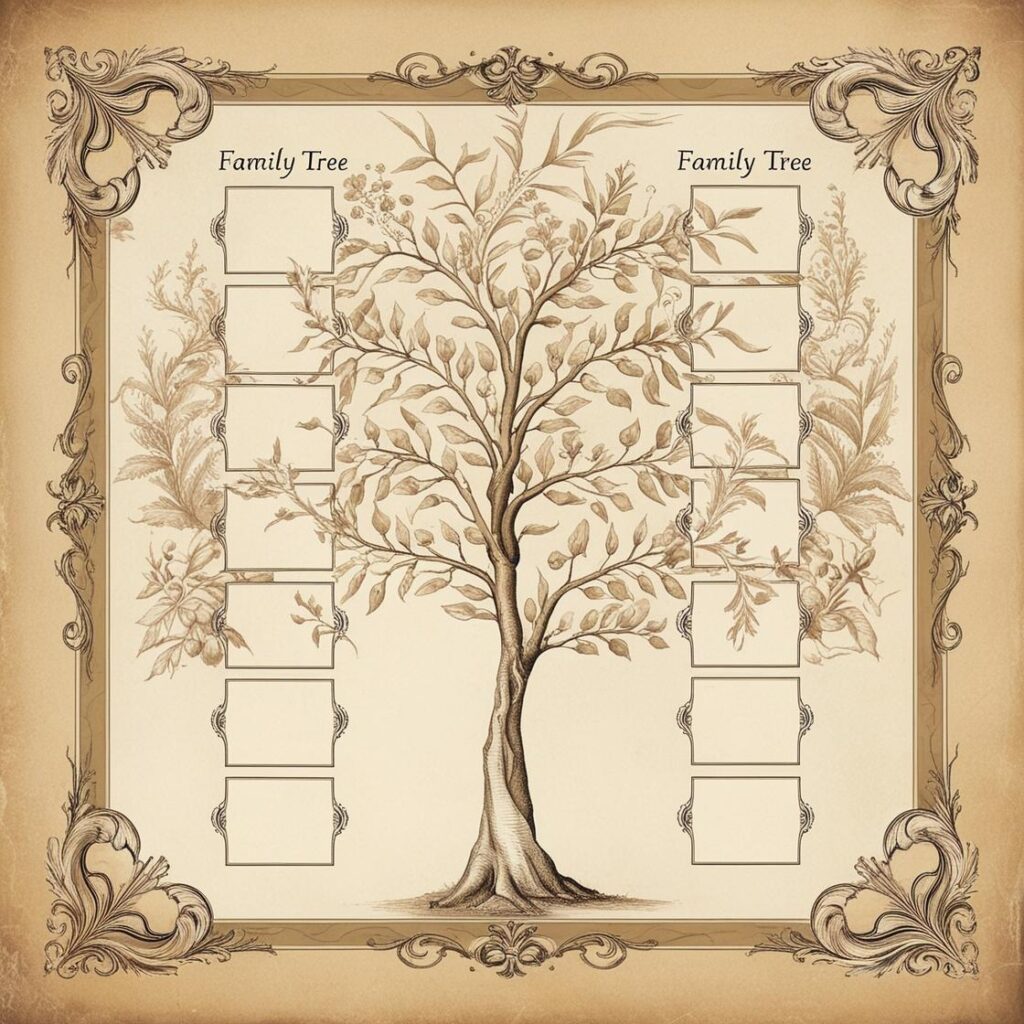In today’s digital age, tracing your family tree for free can be an exciting, enriching journey. Whether you’re discovering generations past or uncovering stories long forgotten, you don’t need to break the bank to get started. Free resources are available online, each offering valuable information that can help you construct a vivid and personal family narrative. Here’s an easy-to-follow guide that helps you dive deep into your ancestry—using the best free tools available.
Key Takeaways:
- Free Access to a Wealth of Information: All sources emphasize the abundance of free genealogical data available online, challenging the perception that meaningful research requires expensive subscriptions.
- Thinking Outside the Subscription Box: The sources encourage exploring alternative websites offering diverse record collections, often overlooked by researchers focusing solely on major platforms.
- Utilizing Specialized Resources: The materials strongly advocate for using websites specializing in specific record types, geographical areas, or historical periods to uncover unique and valuable information.
- Understanding Legal and Historical Context: The importance of understanding historical laws, record-keeping practices, and social context for effective genealogical interpretation is highlighted.
Listen to a discussion of the resources!
1. Ancestry.com: Start with the Basics
While Ancestry.com is primarily a subscription-based service, you can still access a wide range of free features. Start by creating a family tree, entering your parents’ and grandparents’ details. Ancestry’s hints feature (symbolized by green leaves) will begin connecting you with historical documents like census data and birth certificates. If you’re in the U.S., the 1950 Census is currently available for free, providing an invaluable snapshot of your ancestors.
Ancestry’s Learning Hub also offers tutorials and resources to help you become familiar with genealogy research.
2. FamilySearch.org: The World’s Largest Free Genealogical Database
Operated by The Church of Jesus Christ of Latter-Day Saints, FamilySearch.org is a powerhouse of free genealogical data. Sign up for a free account to gain access to billions of records. Records include photos, military service records, and even personal stories shared by other researchers.
The platform also allows you to collaborate with relatives or other researchers, piecing together shared family lines. FamilySearch even offers free online consultations, making it a perfect place for beginners to ask for expert help.
3. MyHeritage: Innovative Free Tools
While most of MyHeritage’s advanced features require a subscription, they do offer some free family resources. Try their tree building tools and AI app that lets you colorize and enhance old photos. This can breathe new life into your genealogical discoveries, especially when paired with their basic record search tools.
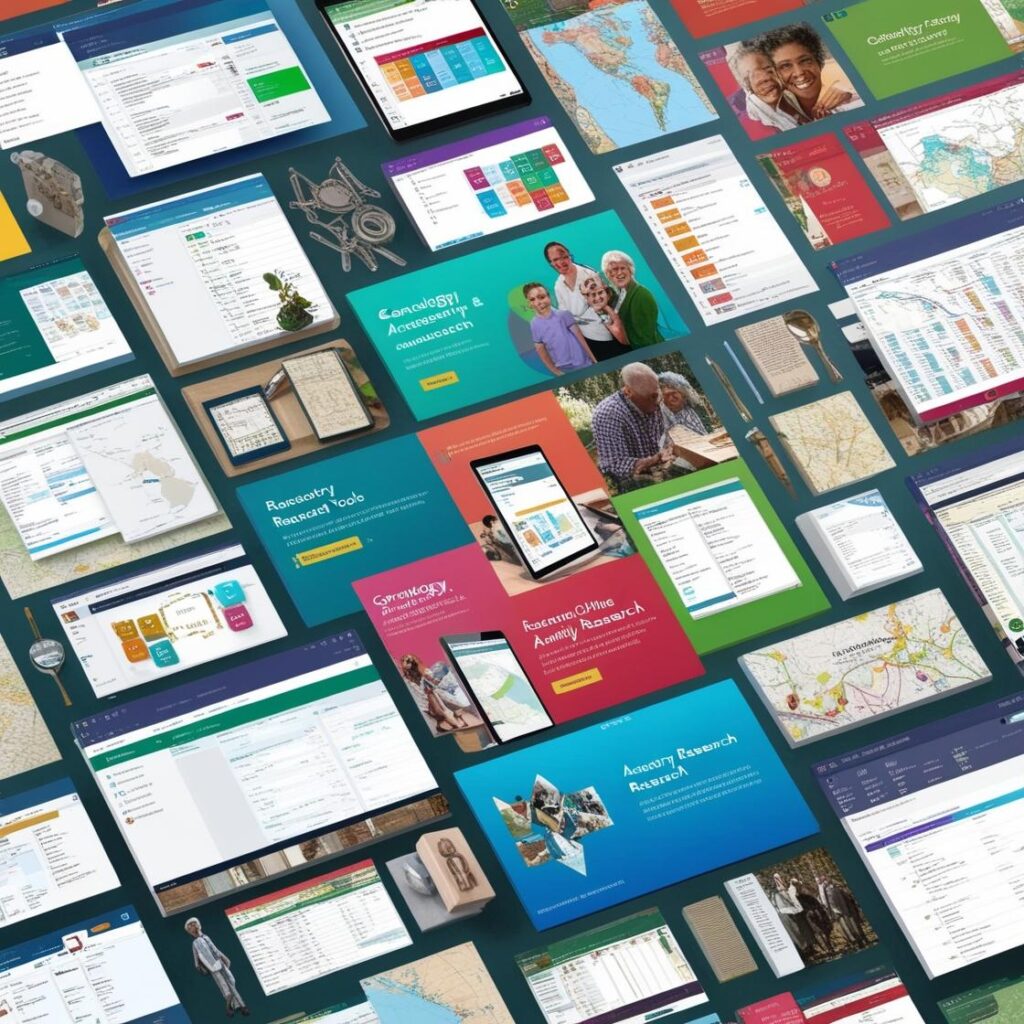
4. Findmypast: Ideal for UK and Irish Roots
If your family hails from the UK or Ireland, Findmypast is an indispensable resource. Their free-tier access includes many census records, marriage certificates, and military records from these regions. You can also tap into the Learning Hub to make the most of your free searches.
5. USGenWeb: State-by-State Resources
USGenWeb is a network of volunteer-run websites that compile local and state-specific genealogical records. It’s especially useful if you’re looking for documents like historical maps, birth records, or cemetery transcriptions in the U.S. Dedicated county pages can help you drill down into localized records that aren’t widely available elsewhere.
6. RootsWeb: Community-Driven Research
One of the oldest free genealogy websites, RootsWeb offers user-generated databases, message boards, and mailing lists. While it’s not as feature-rich as some other sites, it excels in building community connections. RootsWeb is particularly useful if you want to collaborate with others or explore smaller, user-contributed datasets.
7. Cyndi’s List: The Ultimate Genealogy Directory
If you’re not sure where to begin, Cyndi’s List offers a well-organized directory of genealogy links and resources. From vital records to specialized archives, Cyndi’s List can point you toward both free and paid sites in virtually every category of genealogical research.
8. Additional Essential Free Resources
In addition to the major genealogy sites, the following free online tools and archives can enhance your research:
- Internet Archive: A digital library containing a vast and eclectic collection of digitized materials, including yearbooks, city directories, county histories, and government reports.
- Google Books: Hosts a massive collection of digitized books, many available for free, including family histories, local histories, church histories, and law dictionaries.
- Digital Public Library of America (DPLA): A portal to millions of digital items from libraries, archives, and museums across the US, offering digitized photographs, family Bibles, yearbooks, maps, and original records.
- ArchiveGrid: A finding aid for researching archival collections in repositories worldwide, connecting researchers to personal papers, family records, old documents, and original manuscripts.
- WorldCat: A global catalog of library collections, enabling searches for family histories, local histories, and other valuable resources, facilitating interlibrary loans for access.
- Chronicling America: Access historical newspapers to find birth announcements, obituaries, and local news articles about your ancestors
- Bureau of Land Management (BLM) GLO Records: Trace land patents and understand your ancestors’ land ownership and migration patterns.
- Social Security Death Index (SSDI): Basic death information and potential access to Social Security applications that reveal parental names.
For more specialized research, websites like Documenting the American South, Digital Library of American Slavery, and Fold3 (offering some free military records) can be indispensable, especially for African American genealogy or research into slavery-era records.
- Digital Library of American Slavery: A crucial resource for African American genealogy, offering access to a variety of records related to slavery and emancipation.
- Documenting the American South (DocSouth): Features digitized materials primarily focused on Southern states, including personal papers, slave narratives, and other resources valuable for understanding the lives of individuals and families in the region.
- Cemetery Census: A free website that lists cemetery surveys, often including small, neglected cemeteries not found on other sites like FindAGrave.
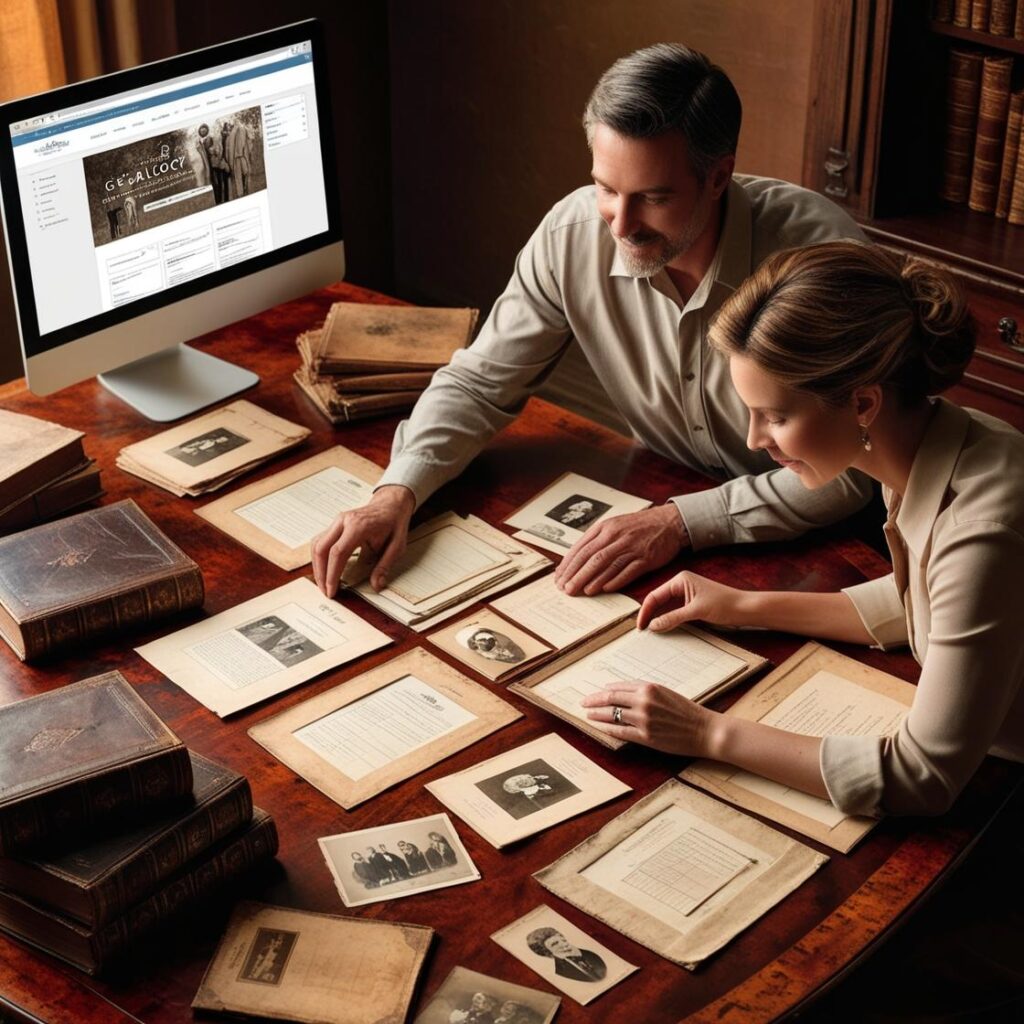
More resources worth investigating
- DNA Painter: A free website offering chromosome mapping tools and relationship calculators to analyze and understand DNA matches from genetic genealogy testing.
- Linkpendium: Provides a curated directory of millions of genealogy and history websites, categorized by location and topic, making it easier to find relevant resources.
- Google Maps: Useful for visualizing locations, calculating distances, and understanding historical geography.
- Google Translate: Assists with translating genealogical documents in foreign languages.
- Black’s Law Dictionary: Provides definitions of legal terms found in historical documents, such as wills and deeds, aiding in accurate interpretation.
- Enumerator Instructions: Explains the questions asked and the response options provided in historical census records, offering crucial context for accurate analysis.
Conclusion: A Personal and Accessible Journey
The process of tracing your family tree has never been more accessible. Whether you’re looking for long-lost ancestors or specific family history details, free online resources are plentiful. With each new discovery your history unfolds and links you to your ancestors in ways you never imagined.
Let these free tools guide your journey, one record at a time, toward a deeper understanding of who you are and where you come from.
